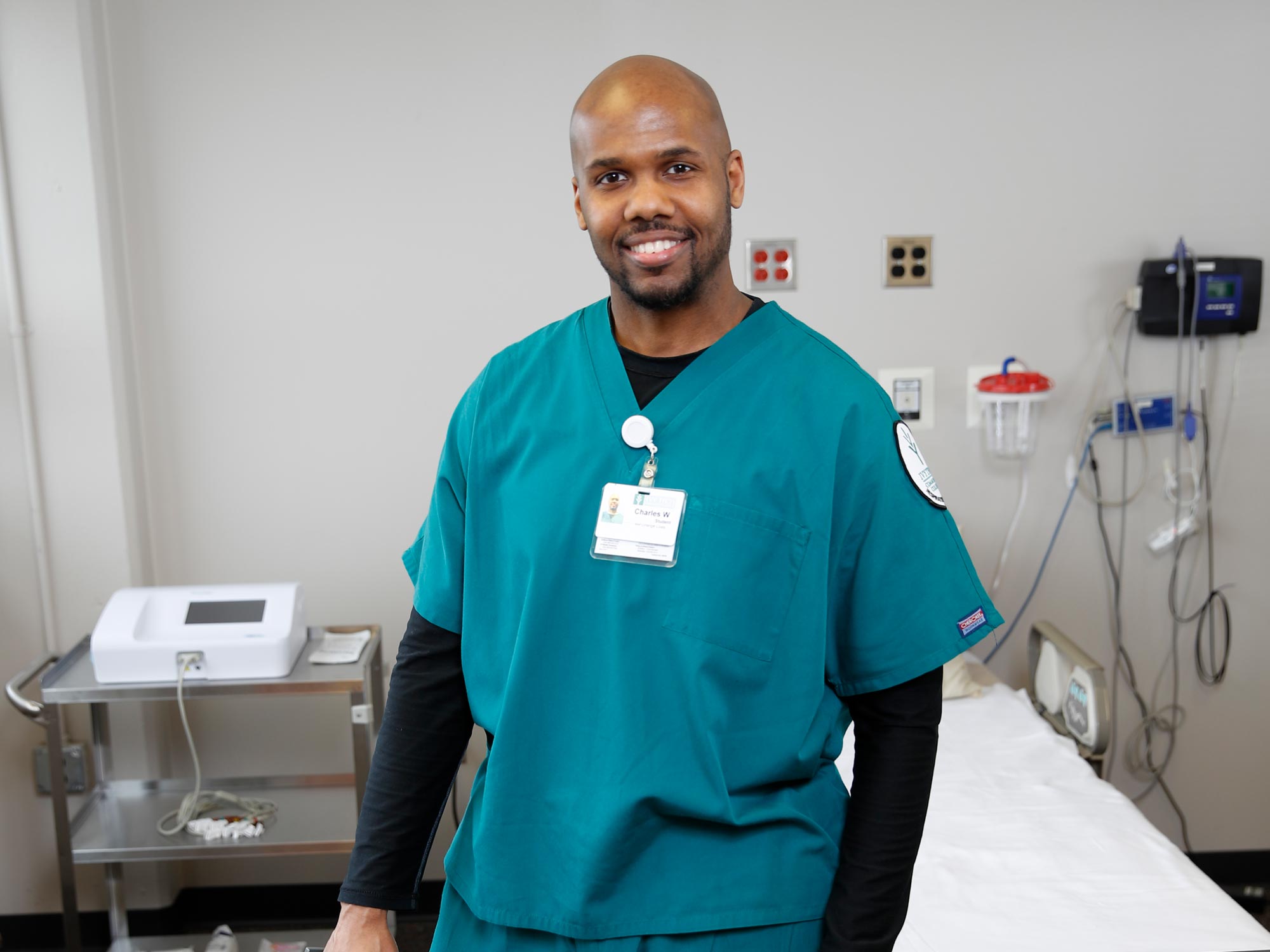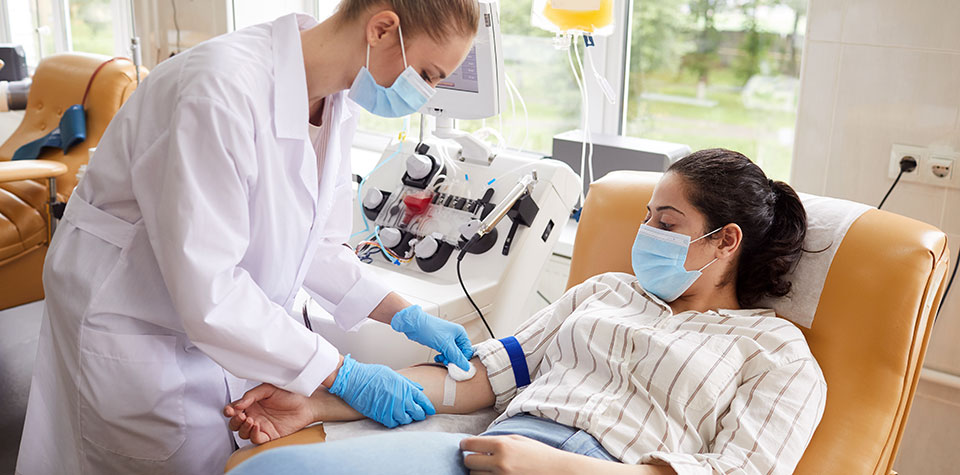Northeast Medical Institute CNA Training Stamford: Professional Direction for Hopeful CNAs
Northeast Medical Institute CNA Training Stamford: Professional Direction for Hopeful CNAs
Blog Article
Crucial Variables to Take Into Consideration When Selecting the Many Appropriate Medical Institution Curriculum for You
Choosing the most fitting clinical institution curriculum is a critical decision that can significantly influence your academic journey and future profession path. As aspiring clinical professionals, the selection of educational program need to straighten with your individual learning style and career goals. However, past these preliminary considerations, various important aspects come into play when making this choice. By discovering the subtleties of teaching techniques, educational program adaptability, and medical exposure possibilities, a more extensive understanding of what makes a curriculum appropriate for you arises. Allow's explore these vital elements that can shape your clinical education and ultimately, your expert trajectory.
Personal Discovering Style

Clinical institutions that supply diverse mentor methods and sources can accommodate numerous finding out designs, cultivating a inclusive and vibrant educational atmosphere. Ultimately, recognizing individual understanding choices equips students to make informed decisions regarding their medical education, establishing a strong foundation for their future professions in healthcare.
Career Purposes Positioning

Furthermore, straightening occupation purposes with the clinical school educational program can likewise enhance inspiration and engagement throughout the instructional journey. When students see the straight importance of their coursework to their future occupation, they are a lot more likely to remain focused and committed to their research studies. For that reason, when picking a medical institution educational program, it is important to carefully consider exactly how well it lines up with one's career objectives to make certain an effective and satisfying expert course.
Teaching Techniques
Considering the positioning of job objectives with the selected clinical school curriculum, an evaluation of the mentor approaches utilized comes to be essential in forming the finding out experience. The effectiveness of a medical institution educational program greatly depends on the training methodologies used by the establishment. Numerous training methods, such as lectures, little seminar, problem-based understanding, simulation-based training, and hands-on clinical experience, can substantially influence how well pupils keep and realize info.
Lectures are a conventional however still frequently used technique for providing material to a big team of trainees successfully. Tiny team conversations foster cooperation, essential reasoning, and interaction abilities amongst trainees. Problem-based discovering motivates energetic participation, self-directed discovering, and problem-solving abilities. Simulation-based training allows pupils to exercise professional abilities in a regulated atmosphere before engaging with genuine people. Hands-on clinical experience uses a direct understanding of individual treatment and clinical techniques.
When choosing a clinical college curriculum, aiming trainees ought to consider the teaching approaches utilized to make sure that their knowing preferences and strengths line up with the educational method of the institution.
Educational Program Versatility
When assessing medical school programs, assessing the extent of curriculum flexibility is essential for potential students seeking a tailored instructional experience. Curriculum adaptability describes the level to which pupils can personalize their knowing paths within the medical school educational program. A curriculum that supplies versatility allows trainees to pursue their rate of interests, emphasis on you could try these out locations where they require a lot more assistance, and engage in learning experiences that line up with their career goals.

Possible clinical pupils must think about how a clinical school's curriculum flexibility lines up with their learning choices, occupation goals, and personal objectives. By choosing a program that supplies the ideal balance of framework and versatility, trainees can maximize their academic experience and prepare themselves for successful careers in medicine.
Professional Exposure Opportunities
Checking out the useful application of medical understanding, medical exposure opportunities play a critical duty in shaping a detailed clinical education and learning. These opportunities offer trainees with invaluable hands-on experience in genuine medical care settings, allowing them to connect the gap between theory and method. When thinking about medical college curricula, the quality and amount of professional exposure should be very carefully reviewed.
Effective medical exposure must offer a diverse variety of experiences throughout numerous specializeds, making certain that students are exposed to different medical scenarios and client demographics. Direct exposure to outpatient facilities, inpatient wards, medical cinemas, and emergency situation divisions can aid trainees create a well-rounded understanding of different facets of medical care delivery. In addition, chances for community-based treatment and interactions with underserved populations can foster a deeper admiration for the social components of health and wellness.
Moreover, the existence of helpful faculty and mentors throughout these professional experiences can dramatically boost the understanding process. Faculty assistance and constructive feedback can assist students review their clinical experiences, identify locations for improvement, and improve their decision-making abilities and clinical abilities (Northeast Medical Institute CNA Classes Near me Stamford). In general, durable clinical direct exposure opportunities are necessary for preparing future physicians to provide top quality client care efficiently
Conclusion
In verdict, when choosing a medical college educational program, it is important to consider your individual discovering style, alignment with job objectives, showing approaches, educational program adaptability, and scientific exposure possibilities. These aspects play a crucial function in determining the most appropriate program for your see it here specialist and educational advancement. Ensure to thoroughly examine each aspect to make an informed choice that will best support your development in the clinical field.
Recognizing one's individual discovering style is crucial when picking a clinical college curriculum. By determining one's discovering style early on, striving clinical students can tactically pick a curriculum that caters to their toughness, ultimately improving their discovering experience and scholastic success.
When assessing clinical college programs, assessing the level of curriculum flexibility is crucial for possible students seeking a customized instructional experience. Educational program flexibility refers to the degree to which students can individualize their discovering paths within the clinical institution curriculum.In final thought, when picking a clinical college educational program, it is crucial to consider your individual understanding design, placement with job goals, educating techniques, educational program flexibility, and medical exposure chances.
Report this page